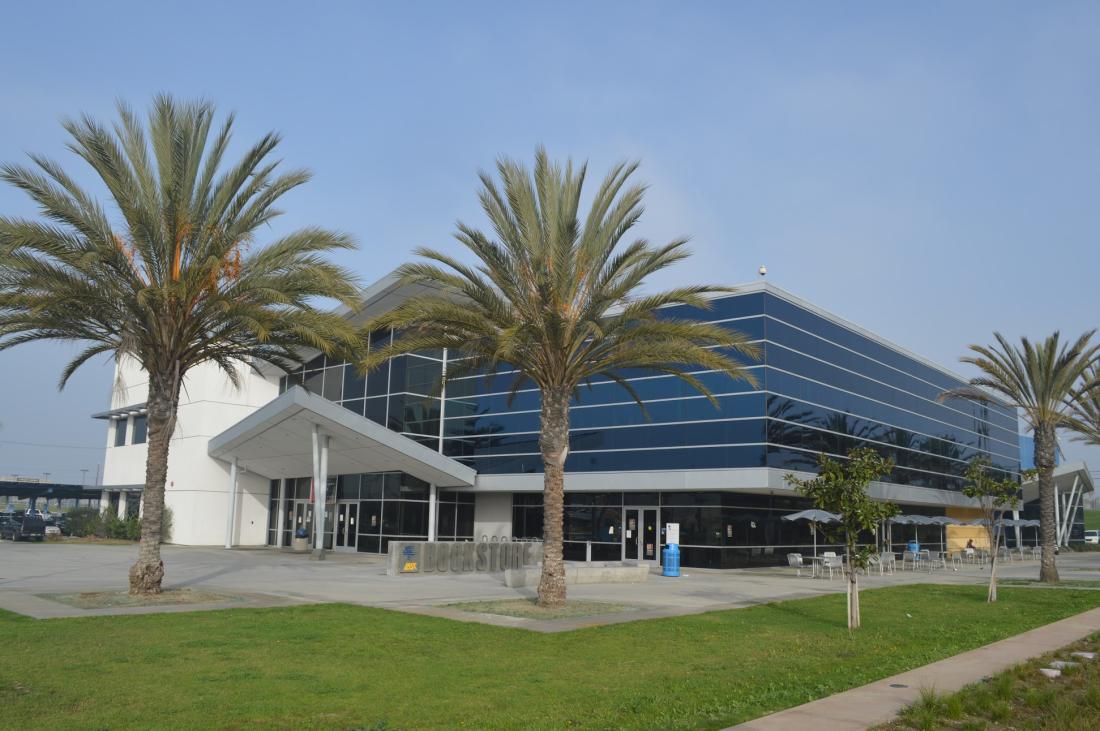Behavioral Intervention Team

LASC's Behavioral Intervention Team is here for you!
Los Angeles Southwest College’s multidisciplinary Behavioral Intervention Team (BIT) meets regularly to support its target audience (students, employees, faculty, and staff) via an established protocol. The team tracks patterns, trends, and disturbances in individuals or in group behavior.
The team receives reports of disruptive, problematic, or concerning behavior or misconduct from students, employees, faculty, staff, and community members; conducts an investigation; performs a threat assessment; and determines the best mechanisms for support, intervention, warning/notification, and response. The team then deploys its campus resources and/or community resources and coordinates follow-up.
The LASC BIT is comprised of: Student Services administrators and staff, faculty's Sheriff’s Department personnel, Higher Education Assessment Team, Student Health Center Mental Health Counselors, and Department of Mental Health professionals.
For immediate support, complete this form.
Time is of the essence when addressing a possible student crisis. All faculty, staff, and administrators are encouraged to report any student behavior they find concerning. When reporting, please be as detailed as possible. BIT has established multiple methods of submitting a report. While it is helpful to have the name of the reporting party, reports can be submitted anonymously.
- Online: Reports can be submitted by clicking on the button above. There you will find a fillable form to submit a report directly to BIT.
- Email: After you have completed the form, please email it to @email.
- Paper form: You also have the option to visit the Student Services office where paper forms are available in order to make a report.
For emergencies either dial 911, contact the campus sheriff’s department at (323) 241-5311, or dial extension 5311 from all campus phones.
Regardless of the reporting method chosen, it is important to have the following information available to make a report:
- Name of student(s) involved
- Date, time and location of the incident(s)
- Course information if the incident occurred in class
- Incident description
- Names of possible witnesses
- Remedial action is taken (if any)
- Names of other college personnel who are involved and/or aware of the incident
See something
LASC faculty and staff are in a unique position to identify students who are in distress or causing distress. Students may feel alone, isolated and even hopeless when faced with any number of life challenges. These feelings can be disruptive, sometimes causing a decline in academic performance, poor coping and other serious consequences. Since you may be the first person to SEE SOMETHING of concern with a student, take notice of the concern and take the next step.
Say something
Students displaying concerning behavior in your presence are likely to be having difficulty elsewhere. Trust your instincts and SAY SOMETHING if a student leaves you feeling worried, alarmed or threatened and then take the next step.
Do something
Sometimes students in distress cannot or will not turn to family or friends for assistance. DO SOMETHING! Your expression of concern may be what is needed to help save a students’ academic career or even their life.
Academic Indicators
- The sudden decline in the quality of work
- Repeated absences
- Bizarre content in writings or presentations
- You find yourself doing more personal rather than academic counseling during office hours
Physical Indicators
- Marked changes in physical appearance including deterioration in grooming, hygiene, or weight loss/gain
- Excessive fatigue/sleep disturbance
- Intoxication, hangover or smelling of alcohol or marijuana
- Disoriented or “out of it”
Safety Risk Indicators
- Unprovoked anger or hostility
- Implying or making a direct threat to harm self or others
- Academic assignments dominated by themes of extreme hopelessness, rage, worthlessness, isolation, despair, acting out, suicidal ideations/violent behaviors- a “cry for help”
- Communicating threats via emails, correspondence, texting, or phone calls.
Safety First:
The welfare of the people of the campus community is always the top priority when a person displays threatening or potentially violent behavior. Coordinated professional help and follow-up care are the most effective means of preventing suicide and violence. Trust your instincts! If you experience significant uneasy feelings related to a person on campus, consult with your supervisor, your department chair or a member of the Behavioral Intervention Team (BIT). Promptly report safety concerns or conduct violations.
Listen Empathetically and Carefully:
Vulnerable people need to be seen, heard, and helped. Many will have difficulty clearly communicating their distress. Do not be afraid to ask directly if they feel their functioning is impaired or if they have thoughts of harming themselves or others.
Participation in a coordinated and timely response:
Share information with appropriate college personnel and coordinate care. Always report serious or persistent inappropriate behavior to a member of the BIT Team through the website or call using the directory or Sheriff’s office.
Members of BIT may provide those involved in a particular case with information as is necessary to protect the health, safety, and privacy of the student or other persons and to generate a recommended course of action in accordance with applicable legal and professional standards of confidentiality. All release of student information is done pursuant to the Family Educational Rights and Privacy Act of 1974 (FERPA).
All files kept for cases referred to BIT are treated as confidential. These files are stored in secure areas in the Student Services office. All BIT student records are kept for seven (7) years. All records resulting in the expulsion of students are permanent and will be stored accordingly.
Office of Student Services
Office Hours and Location
Mondays to Fridays: 8:00AM - 4:30PM
Saturdays to Sundays: Closed
Student Services Building, Room 209
Contact
Tangelia Alfred, Vice President, Student Services
Email: alfredtm@lasc.edu
Phone: (323) 241-5298
Fax: (323) 241-5424
LASC Employee Directory